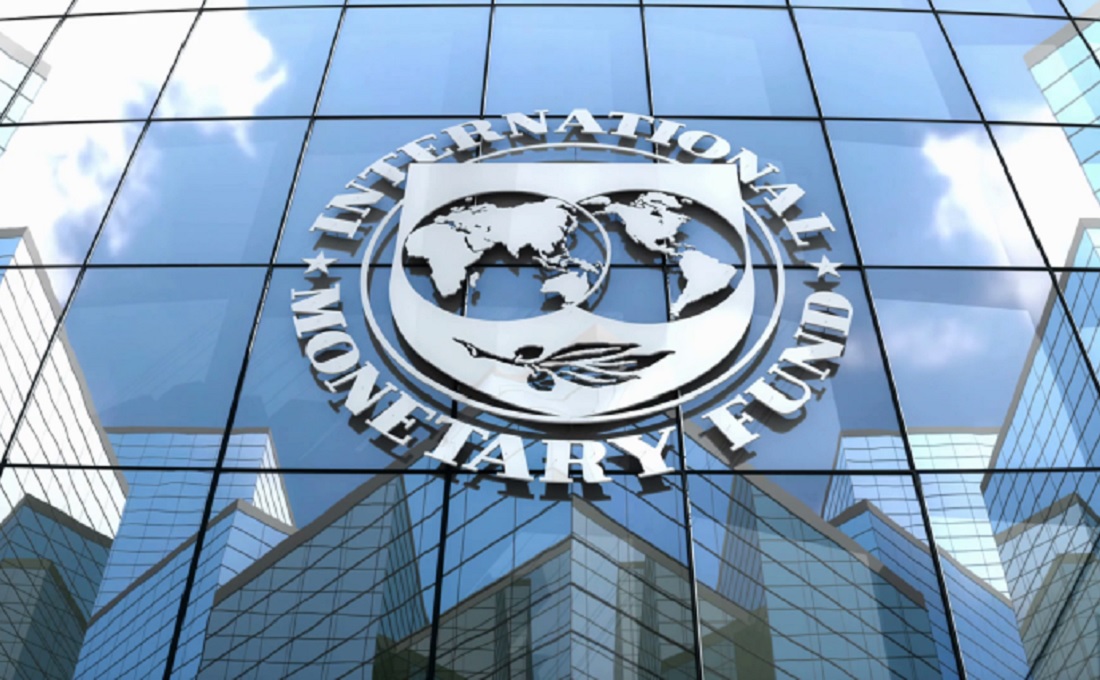IMF projects Nigeria’s debt-to-GDP to drop to 45.4% by 2030, urges wiser spending

BY MOTOLANI OSENI
Nigeria’s public debt-to-GDP ratio is projected to decline significantly over the next six years, falling from 52.9 per cent in 2024 to 45.4 per cent by 2030, according to the International Monetary Fund (IMF).
The outlook, published in the IMF’s latest Fiscal Monitor report, suggests a gradual return to debt sustainability after years of fiscal stress heightened by the COVID-19 pandemic.
The Fund attributed the current decline in Nigeria’s debt ratio—from 53.7 per cent in 2023 to 52.9 per cent in 2024—to stronger economic growth and improved revenue collection.
It also noted that Nigeria’s overall fiscal deficit narrowed to -3.4 per cent of GDP in 2024 from -4.2 per cent in 2023. However, the deficit is expected to widen temporarily to -4.5 per cent in 2025 and 2026 before resuming a downward trend.
Despite these improvements, the IMF warned that Nigeria still faces considerable fiscal challenges. Elevated government expenditure and high interest rates have pushed net interest payments to the highest level in two decades, averaging 23 per cent of tax revenues. Access to external financing remains constrained, while declining foreign aid continues to add pressure on domestic fiscal resources.
READ ALSO: Killings, Kidnapping in Benue: Moro Berates Tinubu, Security Agencies’
Speaking at the 2025 IMF/World Bank Spring Meetings in Washington D.C., Director of the IMF’s Fiscal Affairs Department, Mr Vitor Gaspar, stressed the importance of building fiscal buffers and urged Nigerian authorities to invest political capital in sound economic governance.
“Governments must act decisively and invest in confidence-building measures. That starts with keeping their own houses in order,” Gaspar said. He outlined three fiscal priorities: aligning fiscal policy with overall economic strategies, reducing debt and rebuilding buffers through credible medium-term frameworks, and supporting long-term growth with structural reforms.
Mr Davide Furceri, Division Chief in the Fiscal Affairs Department, also commended Nigeria for implementing difficult reforms that created room for fiscal savings. However, he emphasised that the country must now focus on spending more efficiently, prioritising investments in social protection and infrastructure.
“Spending must be done wisely,” Furceri said. “Nigeria must enhance revenue mobilisation and ensure stronger prioritisation of public expenditure. Strong fiscal institutions and solid public financial management systems are critical to reducing uncertainty and guiding necessary adjustments.”
The IMF concluded that while Nigeria is on the path to fiscal recovery, maintaining discipline and navigating a complex global environment will be key to sustaining momentum.








